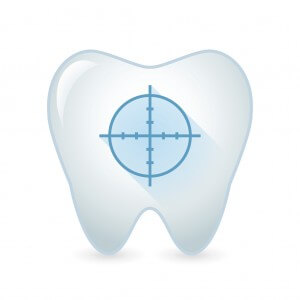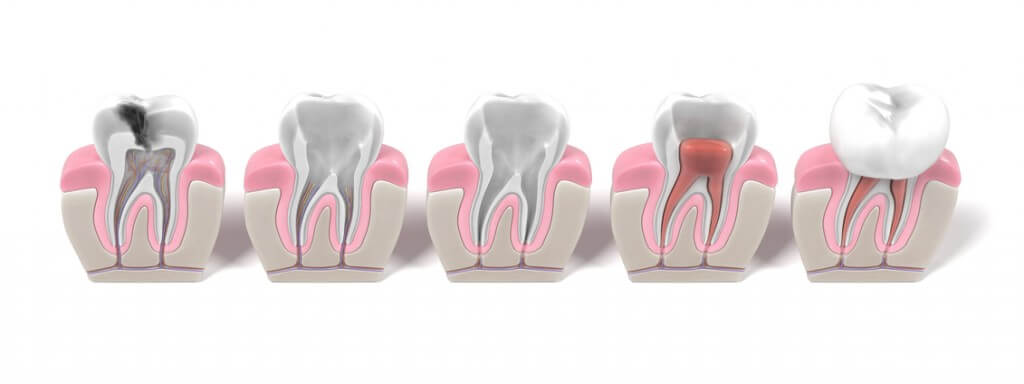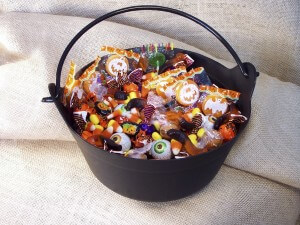What Is Enamel, and Why Is It Important?
Enamel is the smooth, hard exterior surface of your teeth. It protects the interior dentin, which is softer and contains nerves and blood vessels. Tooth enamel is translucent, allowing the color of the interior dentin to show through. An easy way to think of it is like a suit of armor, protecting the dentin and pulp of your teeth within from the ravages of decay.
Needless to say, it’s pretty important to your overall dental health.
How Does Tooth Enamel Erode?

The biggest contributors to enamel erosion may not be what you’d expect. Acidic foods are one of the biggest culprits, as they can weaken enamel and leave it vulnerable to bacteria that cause tooth decay.
A surprising (and therefore potentially dangerous) contributor to erosion is dry mouth. Saliva protects your enamel by naturally controlling the growth of tooth-attacking bacteria. When your mouth is dry, these bacteria can grow unchecked and cause long-term damage.
Of course, many other factors can work against your enamel, from acid reflux to prescription medications, drug supplements and even over-brushing your teeth.
How Should You Care for Enamel?
Comprehensive oral health must include enamel care. Some tips for keeping it strong include:
- Use a toothpaste that contains fluoride
- Use a soft-bristled toothbrush, as stiff brushes can actually wear away your enamel
- Brush your teeth at least twice a day, particularly after meals high in acid (this includes many fruits!) or sugar.
- If you can’t brush your teeth immediately after meals, give your mouth at least a good rinsing with water to reduce the acidity.
And of course, visit Dr. Meyers or Dr. Johns at least twice a year for professional cleaning and a full exam to catch any enamel issues early.
Can Enamel Be Repaired?
Unfortunately, enamel loss is permanent. But even thought it won’t grow back, there are many cosmetic dentistry procedures that can help to mitigate its loss. Bonding, veneers, and crowns are all safe, long-lasting solutions to problems associated with enamel loss and damage.
Worried about your enamel or have other dental concerns? Contact us today and we’ll happily discuss what Meyer & Johns can do for you.


